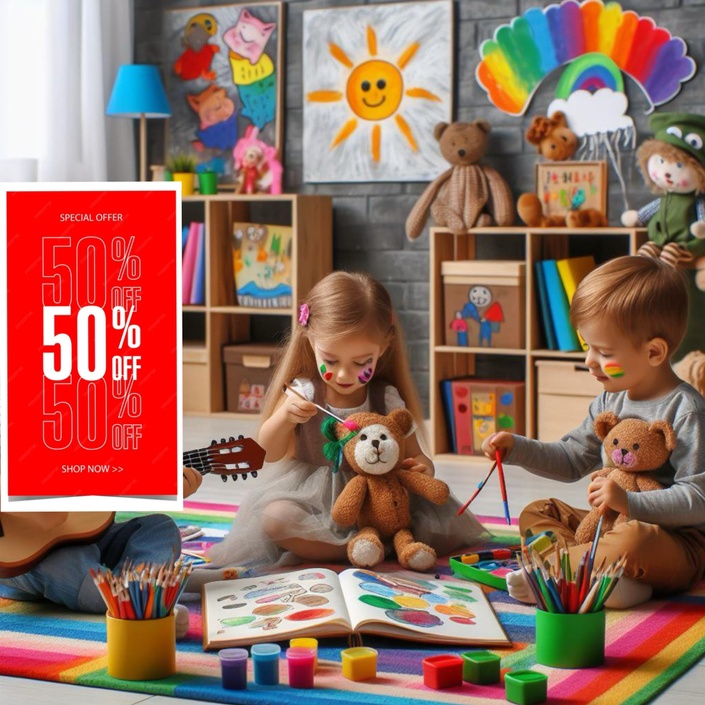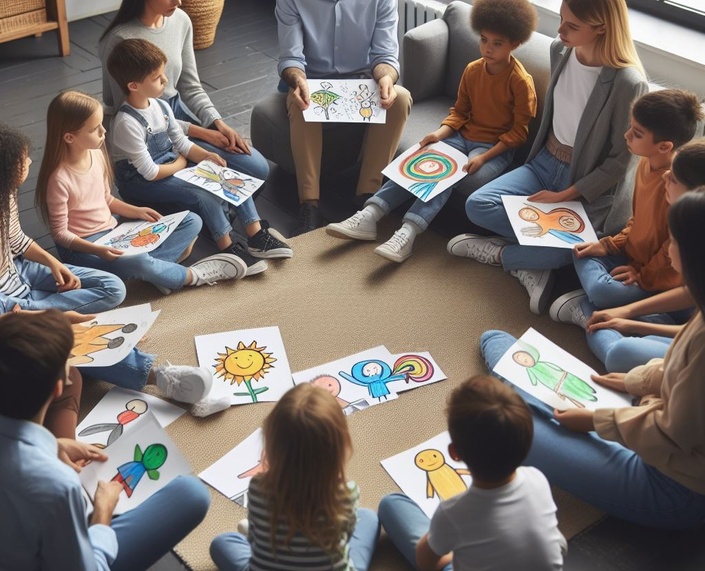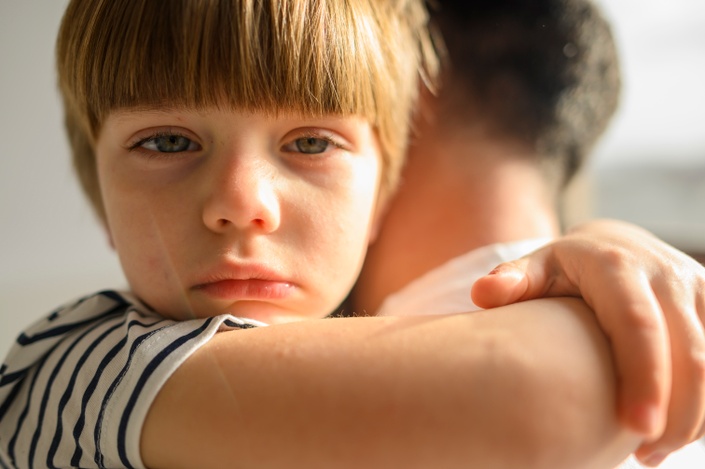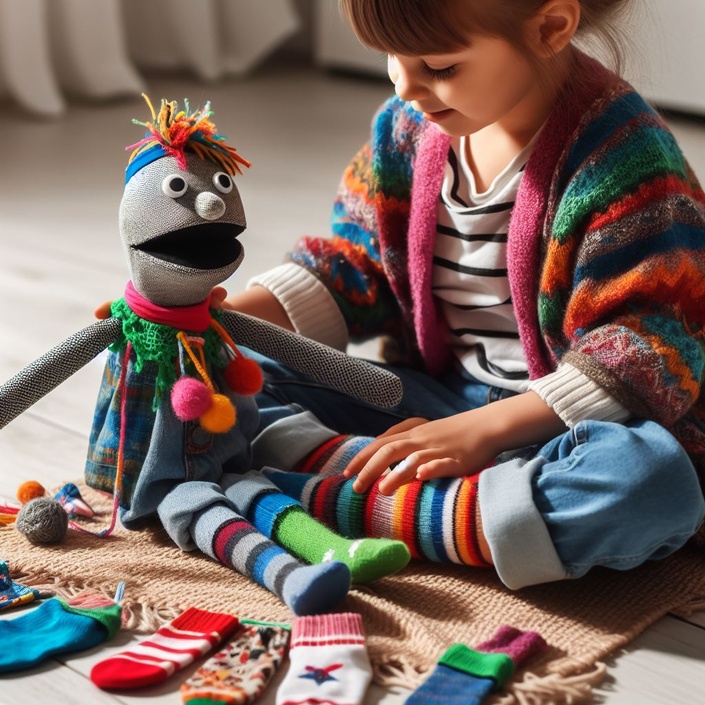OUR CBPT COURSES ONLINE
OUR PACKAGES
Take advantage of our course packages at a discounted price
INTRODUCTION
Cognitive Behavioral Play Therapy is a therapeutic intervention that adapts CBT techniques in a play setting with children who take an active role in the process of change and problem mastery.
It is based on cognitive and behavioral theories of emotional development and psychopathology and defines an integrated psychotherapy model that incorporates empirically supported techniques with the use of play therapy (Knell, 1993; Geraci, 2022).
Cognitive behavioral play therapy has clear guidelines that guide the clinician to design an effective intervention for various issues.
Much emphasis is placed on the use and choice of tools for structured intervention. In children, language is not yet fully developed; consequently, one of the greatest challenges in therapy is to find alternatives to sophisticated language.
These guidelines are based on the organization of specific phases of therapy, the conceptualization of the case, and the integration of CBT techniques into play therapy (CBT play therapy).
In cognitive behavioral play therapy puppets, stuffed animals, books, art materials, and other play therapy toys are tools used to model children's behaviors and cognitive strategies.
The play therapy tools, which mediate the use of CBT techniques, can act as models or verbalize problem-solving skills or possible solutions to the problem, similar to that of the child. So, these tools are more accessible to children and respond to the needs and capabilities of their cognitive and emotional development. In particular, they help children achieve personal growth and emotional processing and enable the processing of traumatic events and experiences through a medium that is natural and comfortable for them.


In Cognitive Behavioral Play Therapy:
- Play therapy activities, as well as non-verbal forms of verbal communication, are used to promote the development of problem solving skills.
-
A conceptual framework conceptual framework is proposed based on the principles of cognitive behavioral therapy, and making them appropriate to the child's developmental level.
Through Cognitive Behavioral Play Therapy, it is possible to learn more adaptive coping skills and offer structured and goal-oriented activities.
- It also provides a space where the child can bring out a spontaneous contribution in the session and successfully express their experiences.
- The design of specific play therapy interventions for young children facilitates their direct involvement in therapy.
- By providing these types of developmental interventions, the psychotherapist helps children benefit from a type of psychotherapy that may otherwise be inaccessible to them.

SINGLE CBPT COURSES ONLINE
Buy our courses separately

Let's Help Children Together!
DEVELOPING COUNTRY
Our mission is clear: we want to ensure that every child, wherever he or she is, has an equal opportunity to learn. To realize this vision, we need your support. If our passion for education resonates with you and you are ready to make a difference in your community, we invite you to partner with us. We offer flexible pricing, carefully calibrated to each country's economic conditions, thus ensuring that our courses are affordable for everyone.
What will you learn in our CBPT online courses and play therapy training?
Our Play Therapy training online will provide you with a comprehensive and practical training on this therapy. You will learn how to use play to help children change their negative thoughts, feelings, and behaviors. You will also learn how to adapt CBPT to different ages, cultures, and settings. You will gain practical skills and knowledge that you can apply in your clinical practice.
In our CBPT online courses, you will learn:

The basic features of CBPT and how it differs from other therapies for children

The theoretical foundations, play therapy theories and empirical evidence of CBPT

The assessment and conceptualization of the child’s problems and needs

How to use the Children’s Case Conceptualization Worksheet to assess and plan your interventions

The structure and components of a CBPT session

The play therapy techniques and activities to use in CBPT, such as puppets, therapeutic storytelling, expressive art and role-playing

The strategies to tailor CBPT to different ages, cultures, and settings

The ethical and professional issues in CBPT

The methods to evaluate the outcomes and effectiveness of CBPT
Why choose our CBPT online courses and what are the benefits?
The courses rely on the latest research and evidence on CBPT. They are also interactive and engaging and give you a play therapy certification. You will have:
- Gain a valuable and marketable skill that will enhance your professional development and career opportunities
- Learn from the best instructors in the field, who will share their knowledge and experience with you
- Access high-quality and engaging content, such as videos, slides, quizzes, and exercises
- Enjoy the flexibility and convenience of learning at your own place and scheduled times
- Receive a certificate of partecipation that will attest your competence and professionalism in CBPT
- Join a community of like-minded learners and practitioners who share your passion and interest in CBPT
Our play therapy courses' instructors

Susan M. Knell, PhD
A clinical psychologist and a pioneer of CBPT, who has written several books and articles on this therapy and has trained thousands of therapists around the world.

Maria A. Geraci, Psychoterapist
A cognitive behavioral therapist and a certified CBPT trainer, who has specialized in treating children with anxiety, trauma, and behavioral difficulties

Meena Dasari, PhD
A clinical psychologist and a certified CBPT trainer, who has worked with children and families in various settings, such as schools, hospitals, and private practice.








